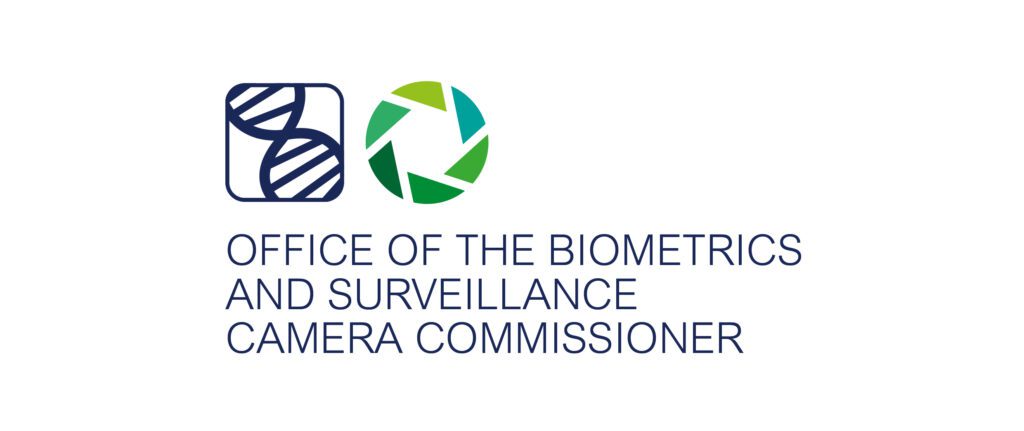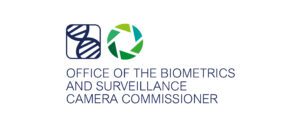The resignation of the Biometrics and Surveillance Camera Commissioner (BSCC) Tony Eastaugh, who was appointed last November, has been announced.
The announcement stated he would step down from the post in mid-August. Originally, he was appointed to be the last person in the BSCC role as it was due to be abolished once the Data Protection and Digital Information Bill took effect last spring.
However, the Bill had not completed its passage through the House of Lords when the previous Prime Minister Rishi Sunak called the general election in May and was omitted from the laws Bills included in the ‘wash-up’ period before Parliament was dissolved.
In the King’s Speech the new government elected in July announced a new Digital Information and Smart Data Bill. This includes some of the previous government’s measures, such as reform of the data protection regulator, the Information Commissioner’s Office (ICO).
However, it is now unclear whether the abolition of the Surveillance Camera Code of Practice and the BSCC will go ahead. The plans were criticised by the previous BSCC, Professor Fraser Sampson, and figures within the security industry. This was because while the biometrics functions were being moved to the Investigatory Powers Commissioner’s Office, many of the surveillance camera commissioner functions were being lost. The previous government had argued that a strengthened data protection regulator would provide sufficient oversight of surveillance camera operators.
However, an independent report by the Centre for Research into Information Surveillance and Privacy, commissioned by Professor Sampson and published last October, suggested that the loss of these functions would be a retrograde step for the UK and it was unlikely that other overstretched bodies would be able to step in to monitor the surveillance camera industry properly.
The statement from the BSCC’s office announcing the resignation said: “We await news from the Home Office regarding the appointment of a new commissioner and will provide an update in due course.”



